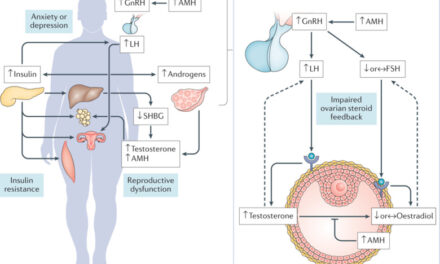Switching from meat to more vegetables and fruits can significantly reduce the greenhouse gas emissions from household groceries by over a quarter, according to a new study released on Tuesday. The research, conducted by the George Institute for Global Health and Imperial College London, highlights the environmental benefits of altering dietary habits.
The study revealed that replacing a frozen meat lasagne with a vegetarian option could slash emissions by as much as 71%. Lead author Dr. Allison Gaines, an epidemiologist, emphasized the urgency of dietary changes to meet global emissions targets, particularly in high-income countries like Australia, the UK, and the US.
“Dietary habits need to change significantly if we are to meet global emissions targets, particularly in high-income countries like Australia, the UK, and the US,” Dr. Gaines stated. Despite a willingness among people to make sustainable food choices, she pointed out that many lack reliable information to identify environmentally friendly options.
Published in the journal Nature Food, the study analyzed the projected emissions from annual grocery purchases of 7,000 Australian households. By examining ingredients, weights, and production life cycles, the researchers determined that making switches within food sub-categories could lead to a 26% reduction in emissions, equivalent to removing over 1.9 million cars from the road.
Dr. Gaines advocated for the inclusion of emissions information on product labels to aid consumers in making informed decisions. She also noted the potential health benefits of such dietary swaps.
The study found that meat products accounted for nearly half (49%) of all greenhouse gas emissions, despite comprising only 11% of total purchases. In contrast, fruits, vegetables, nuts, and legumes made up 25% of purchases but were responsible for just 5% of emissions.
“We found swapping would lead to a slight reduction in the proportion of ultra-processed foods purchased, which is a positive outcome because they’re generally less healthy,” Dr. Gaines added.
The research underscores the critical role of dietary choices in mitigating climate change and encourages consumers to opt for more sustainable and nutritious options.











